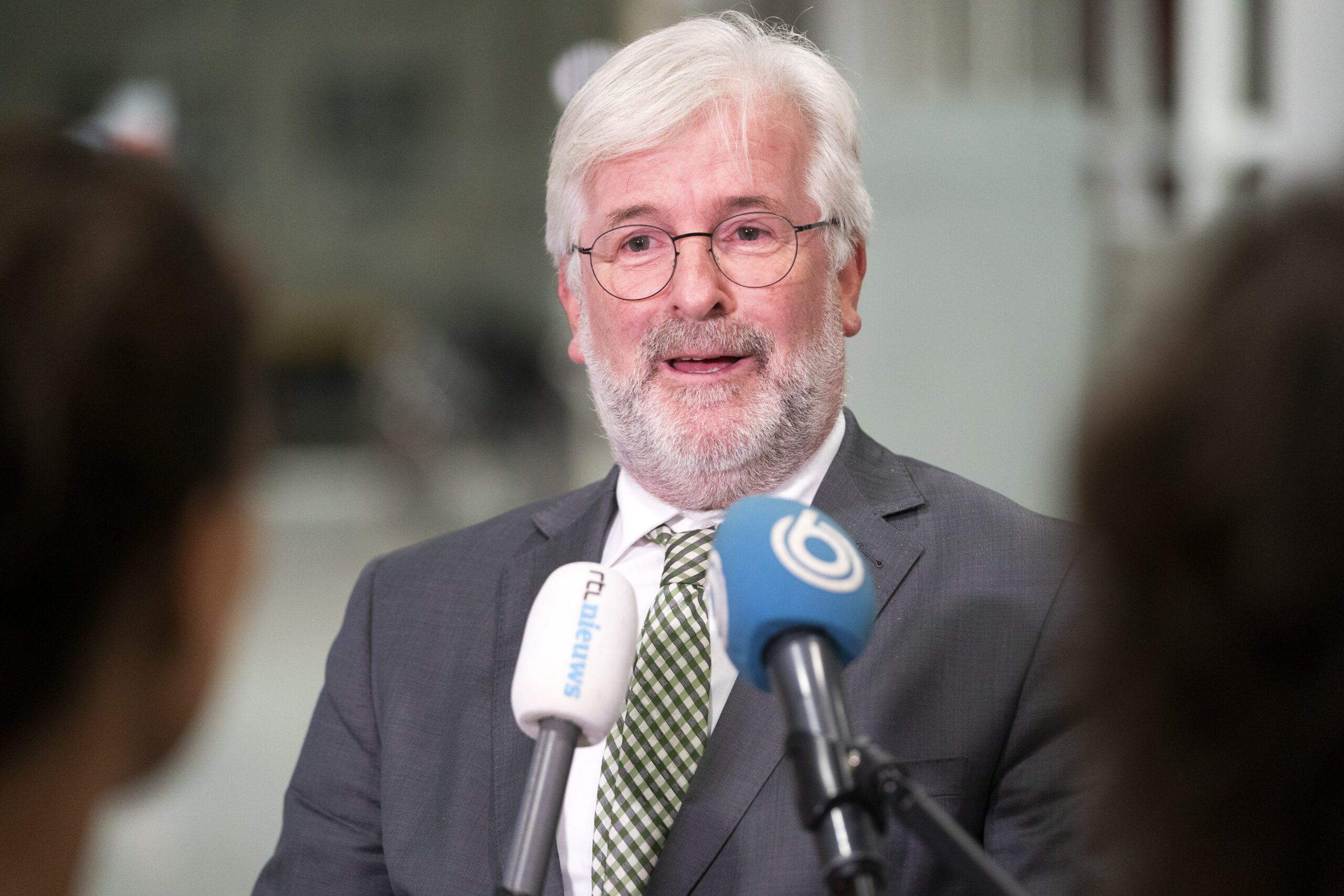Terneuzen mayor resigns, claiming intimidation over refugee vote

The mayor of Terneuzen, Erik van Merrienboer, has resigned claiming that councillors were put under pressure to scrap plans to house 200 asylum seekers in the Zeeuws-Vlaanderen town.
Van Merrienboer said in his resignation letter that relations between the council and the executive had broken down, creating a “practically irreparable rift in the administration”.
He also queried whether individual councillors were able to vote on a refugee accommodation centre “unburderned … as the law and the oath or promise you swore demand”, suggesting that external forces had influenced the decision.
In recent months far-right political leaders such as Geert Wilders have addressed protesters outside council offices where votes are taking place. Wilders told a gathering in Zwolle in July that “the times when we accepted this are over,” shortly before the council voted to include a facility for 400 people in plans for a new suburb.
Terneuzen had agreed to house 200 refugees in a former distribution centre for mail order company Neckermann under the so-called “spreading law”, which requires all municipalities to take in a proportionate share of asylum seekers.
But the council voted two weeks ago to abandon the plans and refuse a licence for the facility following protests by local residents.
De Jonge concerned
Van Merrienboer said he had considered going to court to challenge the council’s decision, but concluded that “that would put too great a strain on our mutual relationship’’.
The king’s commissioner for Zeeland, Hugo de Jonge, said he had seen “various signs that councillors felt themselves being put under pressure”.
De Jonge urged Van Merrienboer not to resign and asked the council to meet behind closed doors and discuss the situation. The mayor’s departure was “not in the interests of governance,” he said in a letter to the council.
He told radio show Zeeland Wordt Wakker that he was aware of the rumours that councillors were being pressed to change their minds, but had not spoken to them directly.
“I’m going to do that now because I want to ensure the integrity of decision making in municipal councils,” he said.
One councillor, Christian Democrat Rolf Mobach, abstained from a previous vote on licensing the refugee centre, which led to the vote being tied. He took sick leave from the council and said he and his family had been the focus of unwanted attention.
De Jonge said: “Councillors are elected representatives and that means they must be able to cast their vote freely. If councillors send out signals that they are being put under pressure, we can’t let that pass.”
Thank you for donating to DutchNews.nl.
We could not provide the Dutch News service, and keep it free of charge, without the generous support of our readers. Your donations allow us to report on issues you tell us matter, and provide you with a summary of the most important Dutch news each day.
Make a donation